Signs You Should Get Treated For Vein Problems
Painful, bulging veins in your legs are not just a cosmetic concern. They could be a sign of a more serious condition that requires treatment. Here’s what you need to know.
By Nasser Chaudhry, MD, Cardiologist, Virtua Cardiology
Are you embarrassed to wear shorts in the summertime? Do your legs hurt, especially at the end of the day, or are they consistently swollen?
Vascular problems are not just a cosmetic concern, or a part of aging. The discomfort you feel could be a sign of a more serious condition that requires treatment.
Your veins are the highways that take blood used by your organs back to the lungs for oxygen and then to the heart to be recirculated. A roadblock can cause backups that result in leg pain, discoloration, and other progressive symptoms. Fortunately, we have many treatments that can help.
An Inside Look at Your Veins
Our veins contain one-way valves that ensure blood flows in one direction, toward the heart. When the valves are weakened or no longer work correctly, blood can flow backward and pool in your lower legs and ankles. This is called venous insufficiency.
The pooled blood causes swelling and increased pressure in the veins. Over time, this can lead to leg pain and cramping, skin discoloration and changed texture, bulging veins, and wounds that won’t heal.
Another cause of leg pain is a blood clot. A clot in a vein near the skin surface, called superficial thrombophlebitis, can produce redness, tenderness, and swelling. A clot that forms in a deeper vein is deep vein thrombosis (DVT).
DVT can cause leg pain and swelling or may produce no symptoms at all. But DVT is serious. If the clot breaks loose and travels through your bloodstream to the lungs, it may lead to a potentially fatal pulmonary embolism.
9 Signs It's Time to See a Vein Specialist
See a vascular specialist if you have:
- Swelling, pain, or cramping in your legs or ankles
- Skin discoloration
- Dryness, roughness, or other texture changes in your skin
- Varicose or spider veins
- Skin ulcers or wounds that won’t heal
- Restless legs, especially at night
- Leg fatigue and heaviness
- Tingling or numbness in your legs (neuropathy)
- Itching, burning, or tenderness in your legs
Diagnosing and Treating Your Vein Condition
Most vein issues are diagnosed with non- or minimally invasive techniques, such as ultrasound or MRI.
Vein treatments depend on your condition. Varicose veins may be treated by wearing compression stockings, or with laser or radiofrequency ablation, sclerotherapy, or microphlebectomy.
Clots may need blood thinners, a clot-busting drug, or a venous filter to protect your lungs and heart. Sometimes we may need to perform surgery, such as a bypass or ligation. That’s why you need an experienced team that can do it all and get you back to enjoying life.
Your Vein and Vascular Specialists
Virtua’s vein and vascular specialists perform the most advanced procedures to treat varicose and spider veins, peripheral artery disease, DVT, pulmonary embolism, and more. Connect with a health navigator at 888-847-8823 or make an appointment online.
There's So Much More to Explore
Discover expert insights, inspiring stories, health tips, and more by exploring the content below!
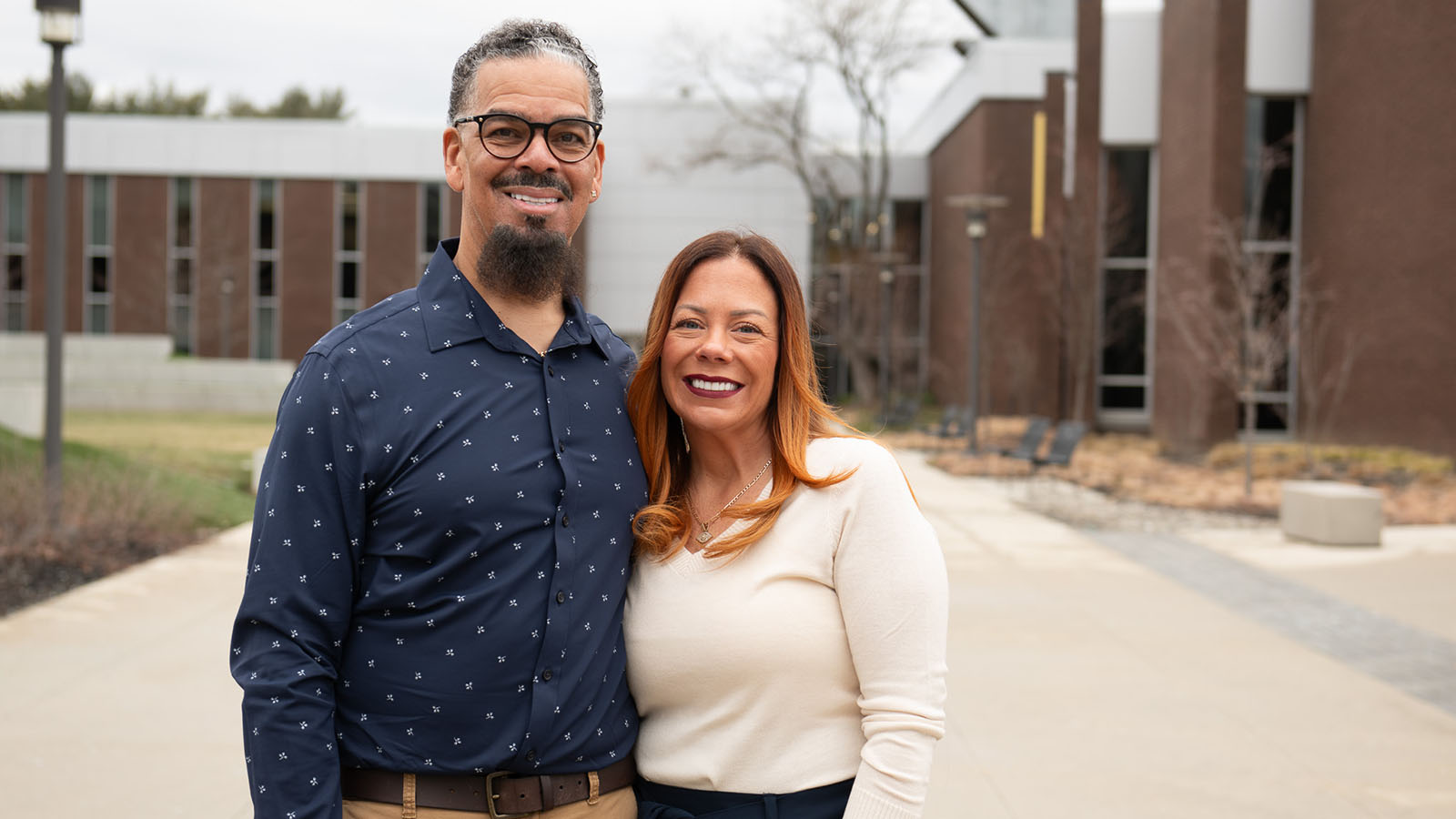
HeartTalk Magazine
Is an At-Home Colon Cancer Test a Good Alternative to a Colonoscopy?

How Do You Manage the Side Effects of Weight-Loss Medications?
A Woman’s Four-Step Guide to Fight Back on Back Pain

What You Need To Know About Carpal Tunnel Syndrome

The Truth About Menopause, Weight Gain, and Belly Fat

Shedding Light on Lesser-Known Menopause Symptoms and Solutions

Debunking The Myths About Vaginal Dryness
Inside Look at Blood Vessels Aids PAD Treatment
Denise Davis: Pay Attention to Your Heart Health

What You Need To Know About Stroke Treatment

10 Smart Ways to Manage Your Diabetes

Signs You May Have Chronic Kidney Disease

5 Essential Winter Foot Care Tips When You Have Diabetes

Sweet Music: Trust, Teamwork Save Justin from Heart Attack

Complex Heart Surgery Nets James a Lifelong Friend

Hepatitis C Kidney Transplant a Blessing For Lee Manns

7 Reasons Why You Want Your Surgeon to Be an Expert in Robotics

Colitis Symptoms Under Control, Jennifer Is ‘Living My Best Life’

How Do I Care for a Wound that Won't Heal?

8 Key Steps to Better Blood Pressure Control

Five Back Pain Risk Factors That You Should Know

Is My Back Pain Normal, or Is It Spinal Stenosis?

Robotic Hernia Surgery Combines Innovative Techniques With Faster Recovery Times

How Does Breast Density Affect Your Mammogram?

Menopause: New Insights Into the Power of Hormone Replacement Therapy
Signs You Should Get Treated For Vein Problems

One New Heart Valve Saves Two Lives in the Tritten Family
What You Need to Know About Heart Failure

6 Numbers Key to Keeping Your Heart Healthy
Lung Valve Surgery Relieves COPD, Emphysema Symptoms

Lung Screening, Robotic Technologies Get Pat Kicking Up Her Boots Again

Breast Cancer Diagnosis Inspires Catherine to Help Others

Jasmine’s On-Air and Pain-Free After Gallbladder Surgery

When Should I See a Doctor About My Knee Pain?

Quick Action Leads to Jesse's Recovery From Stroke

A Non-Athlete’s Guide to Shoulder Overuse Injuries
Shoulder problems aren’t limited to athletes. Virtua orthopedic surgeon Sean McMillan, DO, explains shoulder overuse injuries and prevention in this article.
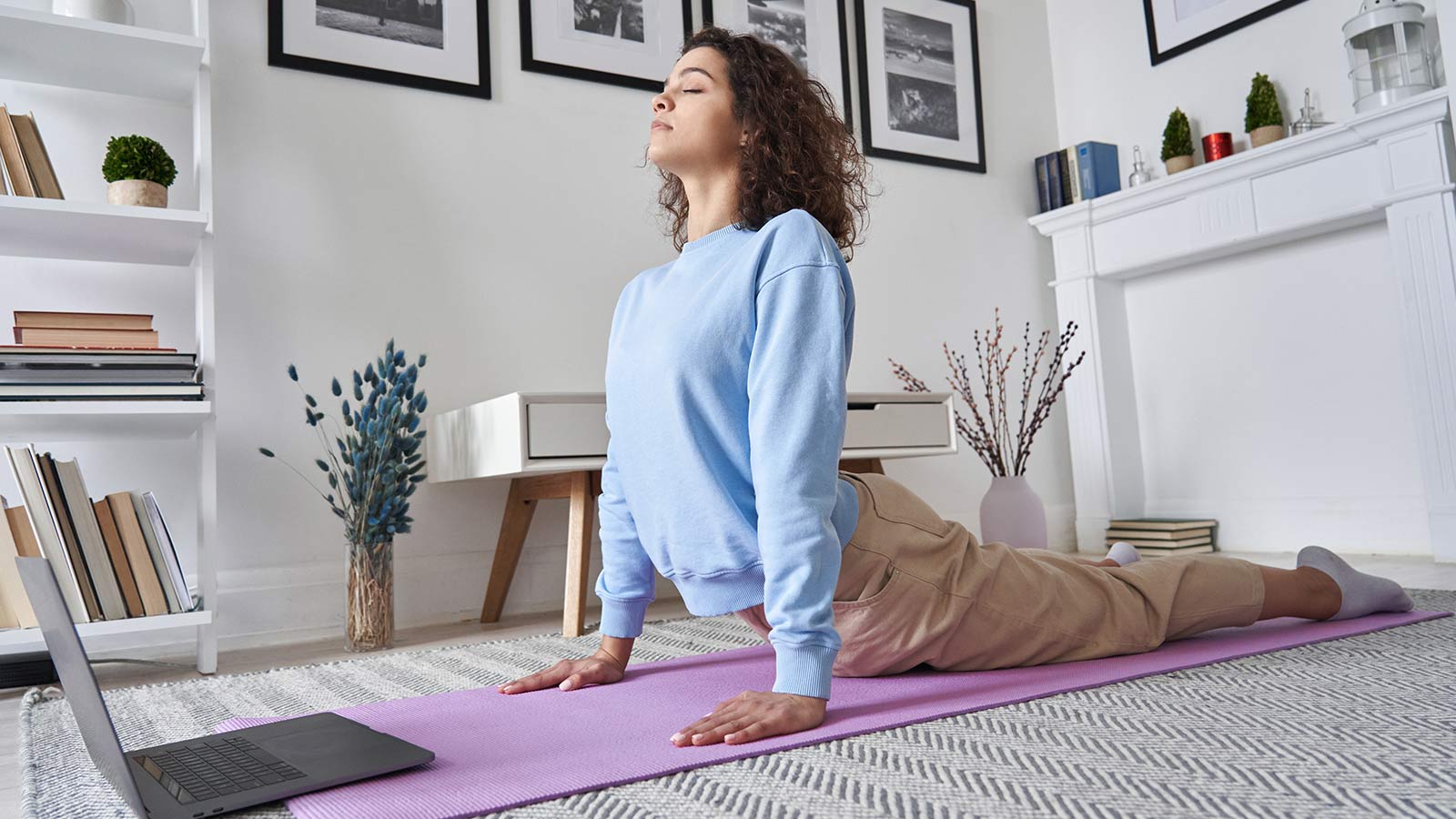
A Non-Athlete’s Guide to Shoulder Overuse Injuries

Wide-Awake Hand Surgery Speeds Recovery, Puts Control in Patients' Hands

South Jersey Veteran Thrives After Cross-Country Kidney Donation

Five Mindfulness Tips That Can Help Heal Your Heart

3 Ways to Avoid Knee Pain

When Should I See a Doctor for My Hip Pain?

When Should I See a Doctor About My Shoulder Pain?

Is My Back Pain Normal, or Is It Sciatica?

Is My Back Pain Normal, or Is It a Herniated Disk?

When Is It Back Pain, and When Is It Something More?

Watchman Heart Device: a Technological Breakthrough for Blood Clot Prevention

Albert's Emergency Cardiac Surgery Is a 'Story of a Lifetime'

What Can I Do Right Now About My Aching Back?

How Do I Get Rid of This Back Pain for Good?

Love Your Heart: Essential Care Tips for Every Stage of Life

How Do I Measure My Blood Pressure at Home?

How Do I Improve My Cholesterol Levels?

3 Ways to Reduce Your Stroke Risk

How the Unique Stages of a Womans Heart Affect Her Health

Can Your Gut Health Affect Your Heart?

When Should I Be Worried About My Neck Pain?
Advanced Heart Failure Therapies Get Bernadine Back to Full Speed

Sarah Wins Back Her Health After Crohn's Disease Diagnosis

Overcoming Addiction, Philip Now Sees More Positive Side to Life
Firefighter's Successful Lung Cancer Care at Virtua
A Lung Screening Put Teresa Back in the Race

A Breast Self-Exam Saved Kristen's Life

Early Treatment is Best to Relieve Hemorrhoid Symptoms

The Top 10 Foods For A Healthy Diabetes Diet

Keeping the Beat: Advanced Heart Surgery for Aortic Aneurysm

Heart-Healthy Summer Recipe: Hummus and Veggies

4 Delicious Heart-Healthy Recipes Perfect for Summer

Heart Healthy Summer Recipe: Dessert Parfait

Heart-Healthy Summer Recipe: Pear and Walnut Salad

Heart-Healthy Summer Recipe: Terrific Turkey Burgers

Are You At Risk For Chronic Kidney Disease
Atrial Fibrillation and Stroke: What's the Connection?
Heart Tests Your Doctor May Order

Local Pastor Makes Kidney Health Mission of Ministry
Managing Pregnancy for Mothers With Heart Conditions
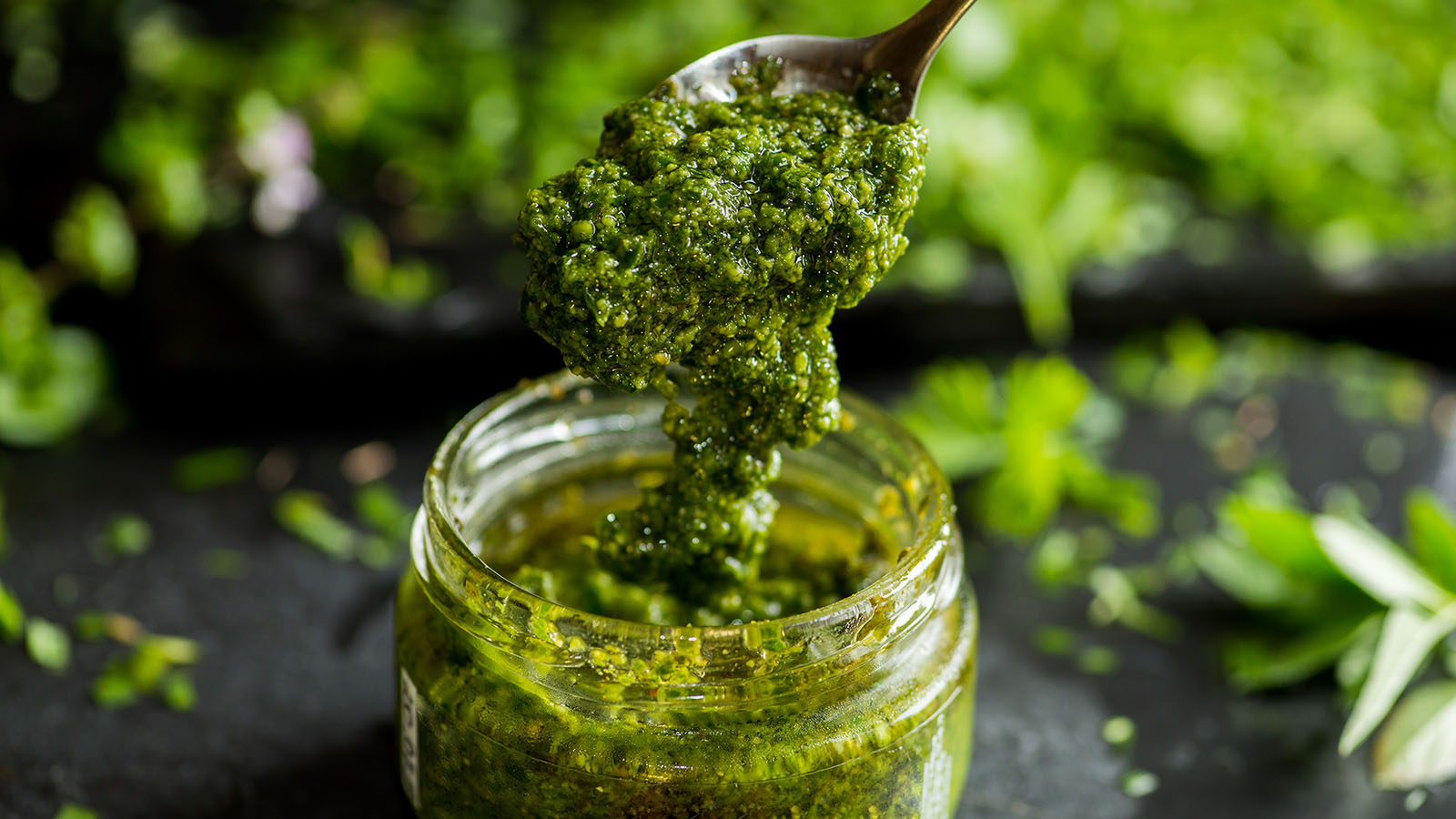
Heart Healthy Recipe: Basil Pesto Pasta With Seared Vegetables
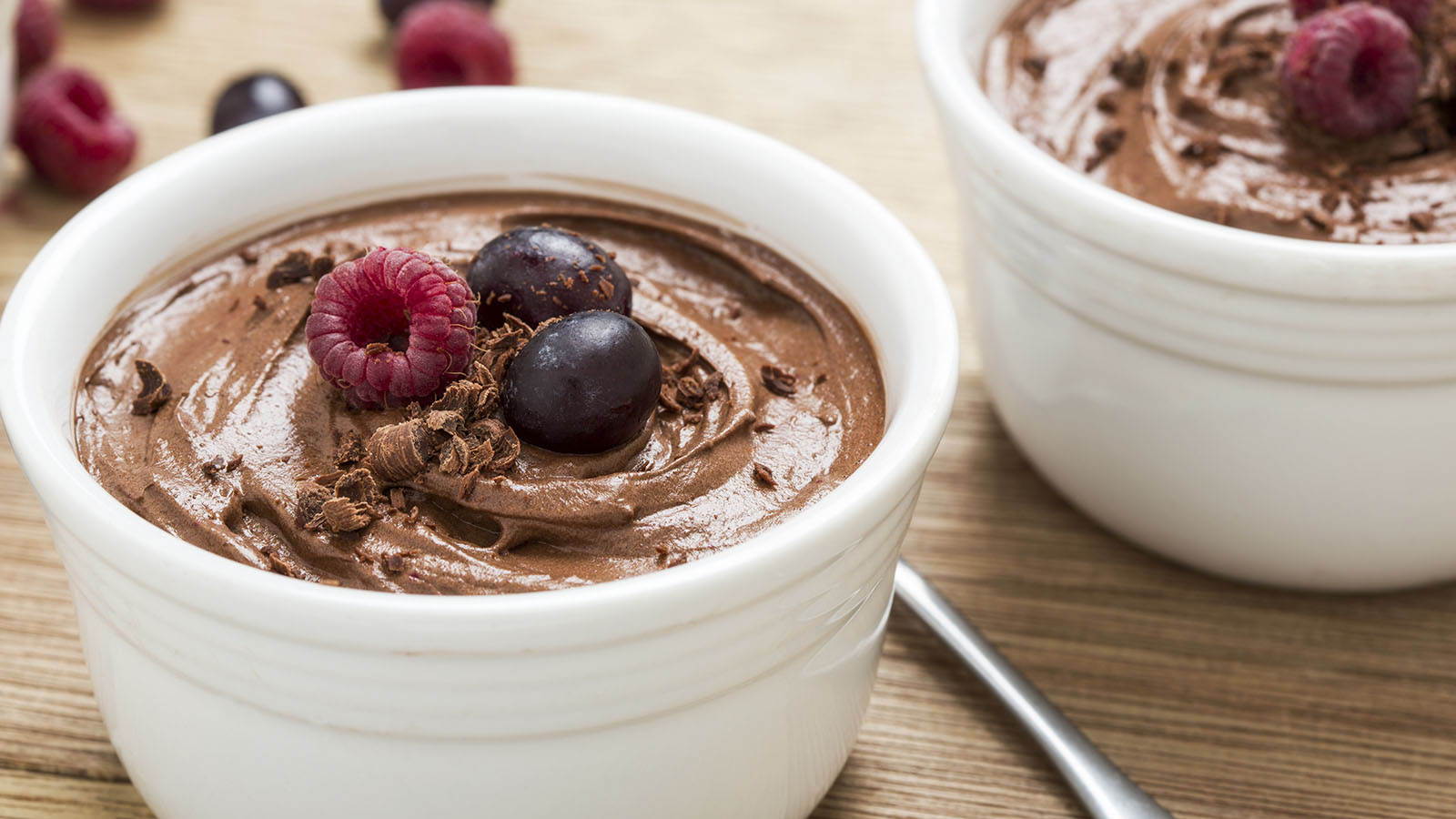
Heart Healthy Recipe Chocolate Avocado Chia Pudding
Keep Your Heart Rhythm in Check With Your Smartwatch
Mind Your Meds for Blood Pressure Risks
Magic Pill for Heart Health? Cut 300 Calories a Day
3 Smart Ways to Boost Your Heart Health
3 Best Exercises For Heart Health
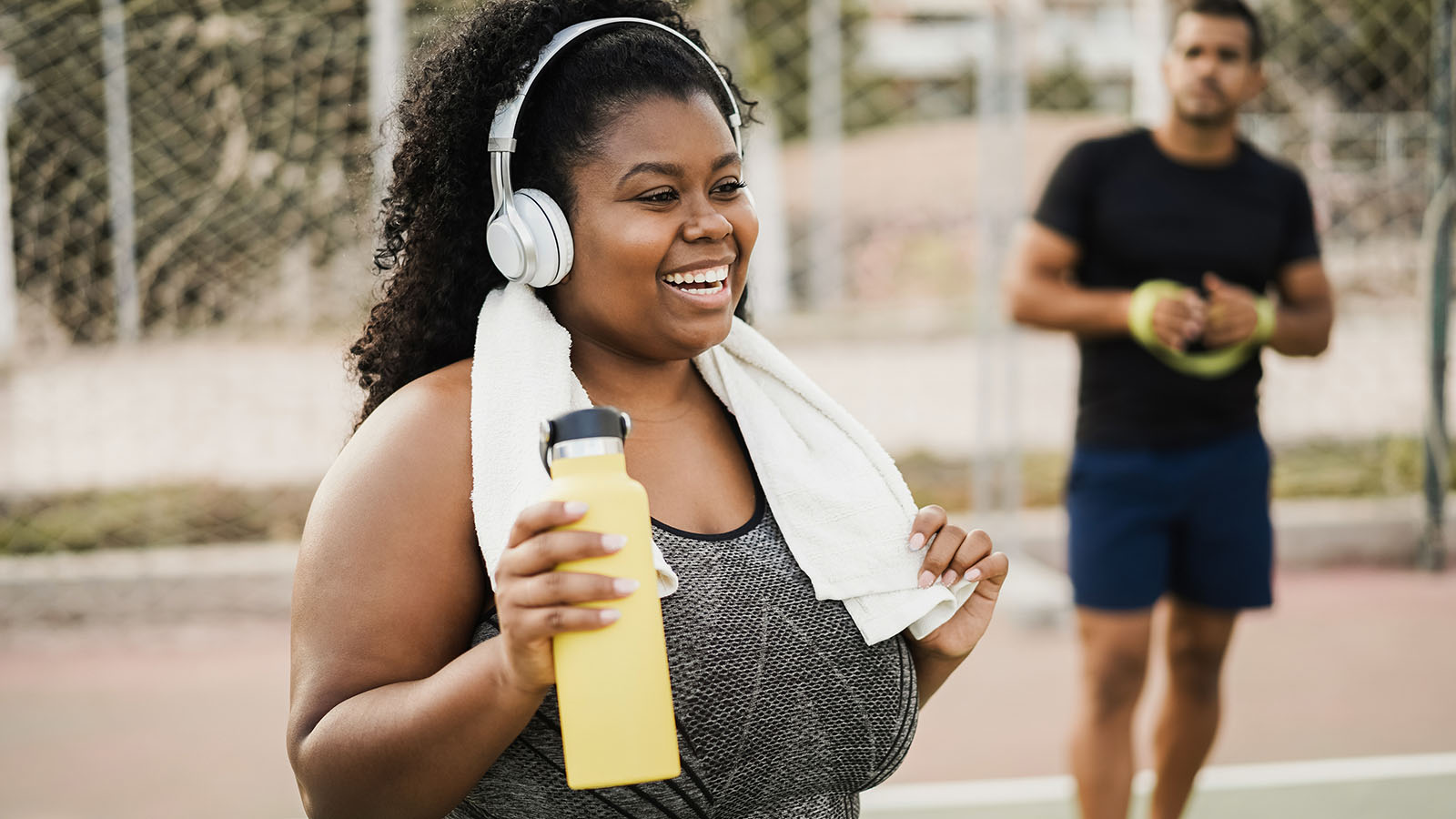
Get Your Heart Pumping With These 25 Workout Songs
Your Chest Pain: Heartburn, Heart Attack, or Something Else?
3 Heart Healthy Recipes to Win Valentines Day
How Work and Home Stress Can Affect You
Why Improving Your Health Is Going To The Dogs And Cats
Why Younger Women Need Start NOW To Safeguard Their Hearts From Heart Attacks
Can You Die of a Broken Heart?
What’s the Difference Between Type 1 and Type 2 Diabetes?
Get to the Bottom of Blood Pressure Numbers
Mitral Valve Surgery Opens Doors for Improved Quality of Life
6 Healthy Habits to Start in Your 20s for Better Lifelong Health
Do You Have a Fatty Heart?
Get Pumped! Assist Devices Can Improve Heart Failure Symptoms
A Cardiologists Advice on Heart-saving Emergency Cardiac Care
Virtua Doctor’s Experience Is a Warning for All About COVID-19 and Strokes
You May Feel Fine, but Gregory Says "Don't Skip Your Medical Care"
In Sickness and in Health: Couples Often Share Heart Disease Risk
"Reduce Your Heart Disease Risk With a Plant-based Diet"
Hybrid Robotic Heart Surgery and Valve Replacement Restores Quality of Life
Can Marijuana Hurt Your Heart Health?
6 Tips for Restoring Your Heart Rhythm
Eat Smart for Your Heart
Cardiac Rehab: Strengthening Your Heart After Leaving the Hospital
Your Heart Needs A Good Nights Sleep
Are You at Risk for AAA—the Silent Killer?
The Cardio Oncology Team Protects Your Heart During Cancer Treatment
Get Relief From Painful Varicose Veins This Summer
Exercise Your Way to a Stronger Heart
Fish Oil: A Good Catch or a Scam?
My Heart Seems to Skip a Beat - Should I Be Worried?
Menu Planning? Try These 5 Heart-smart Substitutions

5 Health Risks Tied to Weight
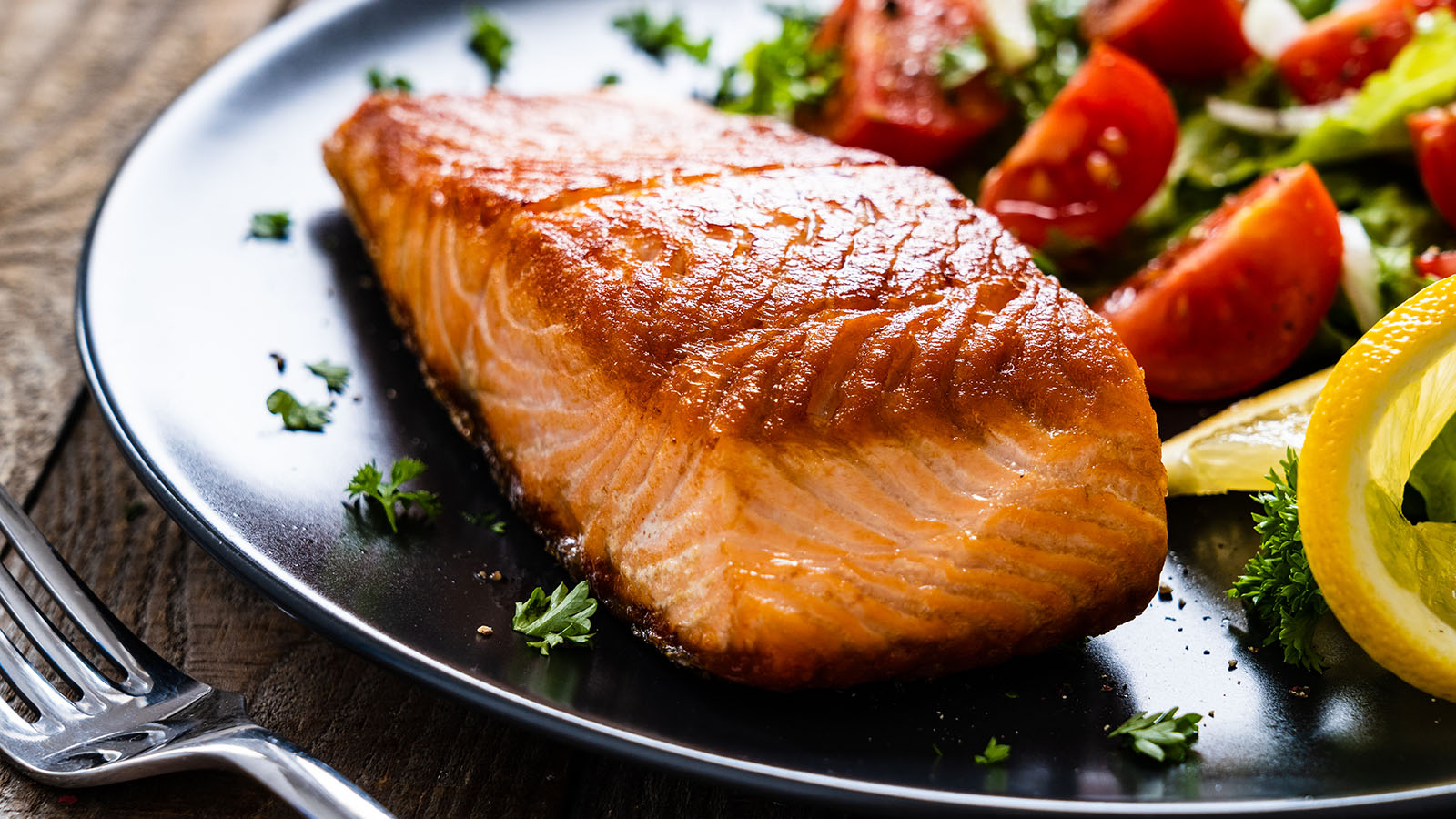
Heart-Healthy Recipe: Maple Orange Salmon With Mango Salsa
Do Not Wait to Get Help When a Stroke or Heart Attack Strikes
4 Reasons Why Heart Patients Should Follow COVID 19 Safety Guidelines

Exercise Yourself Off of Blood Pressure Medication
Young Mother Finds Support for Anxiety After Rare Cardiac Event
Is Your Heart Age Older Than You?
Heart Healthy Recipe: Mediterranean Shrimp Salad

All for Bear: Dan Loses Weight to Be His Son’s Kidney Donor

Augmented-Reality Surgery Has Bobby Back on Stage, Rocking His New Hip

Hyperbaric Wound Therapy Puts Joette Back in Motion

Robotic Hernia Repair Renews David's Active Lifestyle

